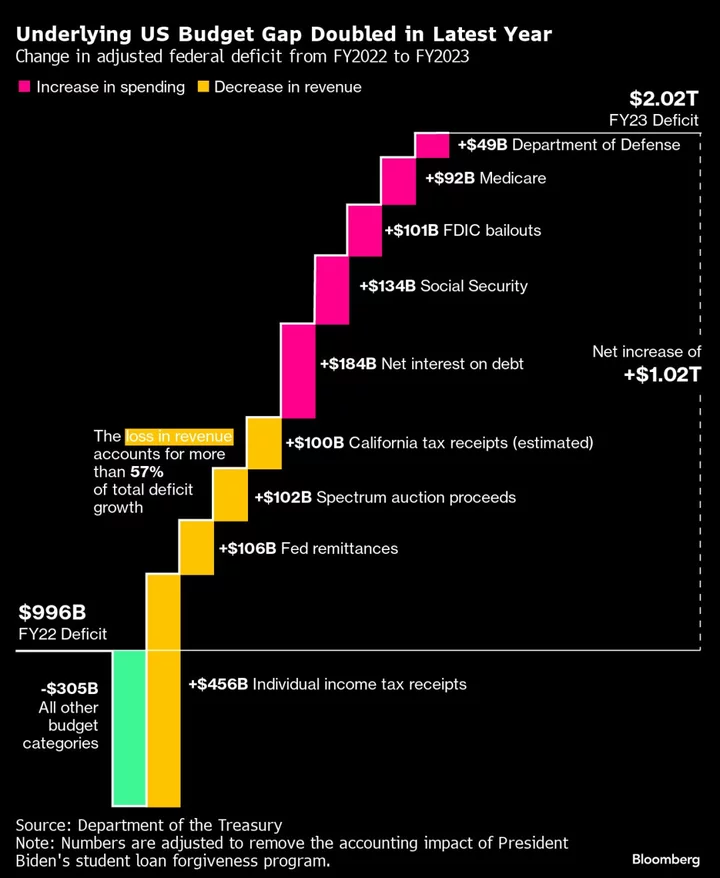Convoy Inc., a Seattle-based trucking startup whose investors include Jeff Bezos and Bill Gates, will slash hundreds of jobs in the coming days as it prepares to woo prospective buyers, according to a person familiar with the matter.
The once-buzzy startup, often described as the Uber for trucking, has already whittled its staff down to about 500 people from a peak of 1,500, and was on track to run out of money in a matter of weeks, said people familiar with the matter. A majority of the remaining employees will be let go in an effort to make Convoy more attractive to potential acquirers — most likely established companies in the trucking industry that the startup was trying to disrupt, the person said.
Other suitors, who are less active in the negotiations now, include Walmart Inc. and A.P. Moller-Maersk A/S, said one of the people, who asked not to be identified because they weren’t authorized to share the information.
Convoy alarmed customers Wednesday with an email telling them it couldn’t accept any new orders and that existing orders due to be picked up in the next three days should be canceled. Bloomberg reviewed the correspondence from Convoy’s sales team. Supply chain news website FreightWaves earlier reported the customer letter about the shipment cancellations.
A spokesperson for Convoy said the company is going through a transition and will have more information within two days. Maersk, through a spokesman, declined to comment. Walmart, Gates and Bezos did not immediately respond to requests for comment.
Convoy’s vision for the future of trucking won over a bevvy of blue-chip investors. Gates joined in a $62 million round in 2017 through his Cascade Investment, and Bezos had invested earlier. Other backers have included Salesforce Inc.’s Marc Benioff, eBay founder Pierre Omidyar, Dropbox Inc. co-founder and Chief Executive Officer Drew Houston and Uber Technologies Inc. CEO Dara Khosrowshahi. The pitch was to bring more advanced software to an industry that still relied on phone calls, paper and Excel spreadsheets.
Instead of freight brokers connecting loads to drivers, Convoy used Uber-like software to bridge the two sides and track deliveries. However, existing parts of the industry also modernized at the same time, leaving Convoy with less of an edge. Trucking rates and volumes also plummeted after the pandemic, reducing the startup’s revenue.
Convoy has been trying to either find a buyer or a new source of financing for months without success given deteriorating market conditions, according to one of the people, which made the upcoming layoffs necessary. Convoy raised more than $1 billion and had a valuation as high as $3.8 billion in 2022, according to PitchBook data.
Convoy is one of many logistics startups affected by falling prices and demand for shipping, plus a deteriorating market for venture capital fundraising. San Francisco freight-forwarding company Flexport Inc. and Seattle warehousing startup Flexe Inc. have had to lay off workers after demand dropped from pandemic highs.
(Updates with context starting in the fifth paragraph.)









